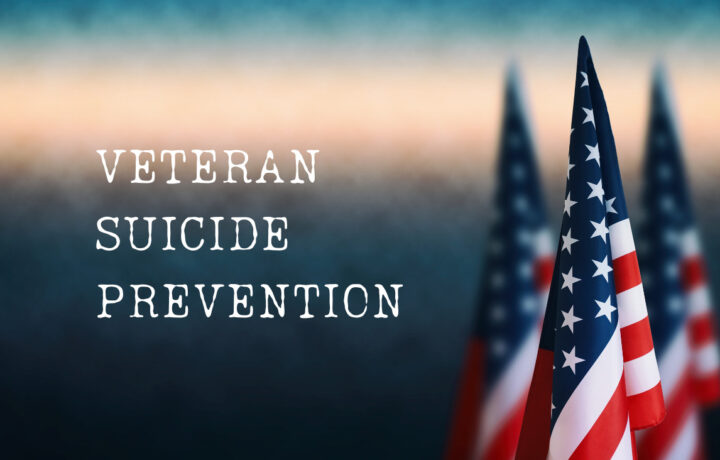Post-Traumatic Stress Disorder (PTSD) and mental health are critical issues that affect many veterans and the veteran suicide rate. The experiences and environments faced during military service can lead to enduring psychological impacts that require attention and care.
Greg VanDyne is a former Special Forces Medical Sergeant (18D) who served with 10th Special Forces Group (Airborne). He co-founded the Vetrepreneur Collective which is a community that takes the skills the military diligently taught veterans and gives a step-by-step guide to start your own company through mentorship, coaching, guidance, and advice all through a like minded veteran community. Greg believes “the military should be throwing the kitchen sink at reducing soldier suicide”, making Suicide Safety Plans an annual requirement for the military retirement and transition process.
He joins the Security Clearance Careers Podcast to discuss his own transition and why destigmatizing mental health is so important to him.
Understanding PTSD
PTSD is a mental health condition triggered by experiencing or witnessing a traumatic event. For veterans, these events may include combat, military sexual trauma, or other life-threatening situations. Symptoms of PTSD can include:
- Intrusive Memories: Recurrent, distressing memories or flashbacks of the traumatic event.
- Avoidance: Steering clear of places, activities, or people that remind them of the trauma.
- Negative Changes in Thinking and Mood: Feelings of hopelessness, memory problems, or difficulty maintaining close relationships.
- Changes in Physical and Emotional Reactions: Being easily startled, having trouble sleeping, or experiencing irritability and anger.
The Importance of Mental Health Care
Addressing mental health is vital for veterans to lead fulfilling lives post-service. Mental health care can involve:
- Therapy: Cognitive Behavioral Therapy (CBT) and Eye Movement Desensitization and Reprocessing (EMDR) are effective treatments for PTSD.
- Medication: Antidepressants and anti-anxiety medications can help manage symptoms.
- Support Groups: Connecting with peers who have similar experiences can provide emotional support and a sense of community.
- Self-Care: Engaging in regular physical activity, maintaining a healthy diet, and practicing relaxation techniques like meditation can improve overall well-being.
Challenges Faced by Veterans
Veterans may face unique challenges in seeking mental health care:
- Stigma: There can be a stigma associated with seeking help, which may prevent veterans from accessing necessary services.
- Access to Care: Navigating the VA healthcare system or finding mental health professionals who understand military culture can be difficult.
- Transition to Civilian Life: Adjusting to civilian life can be stressful and may exacerbate mental health issues.
Supporting Veterans
Supporting veterans in their mental health journey involves:
- Awareness and Education: Promoting understanding of PTSD and mental health issues among the public and within the veteran community.
- Access to Resources: Ensuring veterans have information on and access to mental health services, both through the VA and private providers.
- Community Support: Encouraging community programs and initiatives that support veterans and their families.
Social connections are crucial for your mental health. Service-members and veterans should strive to connect with others whenever possible. Service members who are far from home can make time for family and friends by planning phone or video calls. Veterans, on the other hand, may enjoy group activities, such as an outdoor club.
You may also consider joining a veteran-specific support group. If you are a student, your college or university may have a special program for veterans. Also, your community will likely have groups you can join. If you’re struggling to find the right group where you live, consider looking online. You can search for groups on Facebook. Try out the PTSD Coach app, or Vet Friends, a website to help you find your military buddies.
Mental health is a significant issue for veterans that require comprehensive and compassionate care. By understanding the challenges and providing the necessary support, we can help veterans lead healthier, more fulfilling lives.




